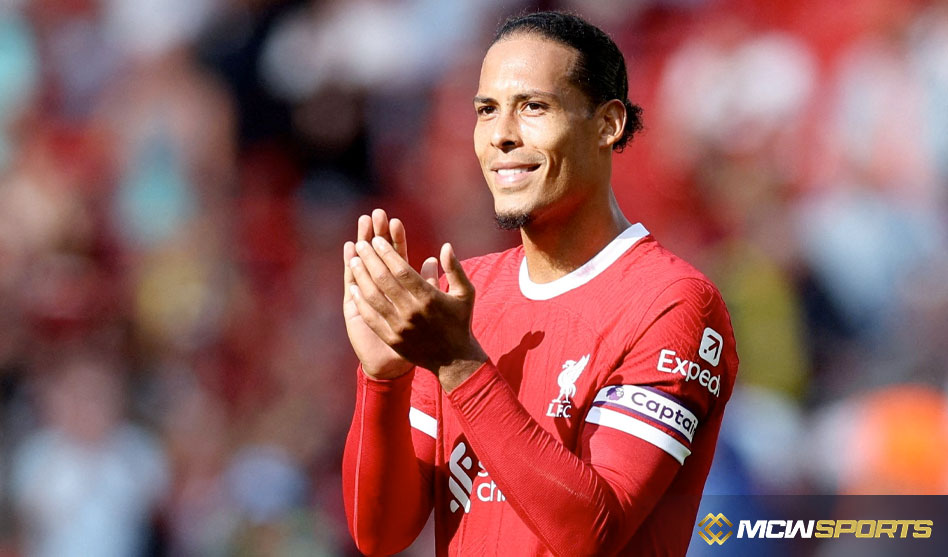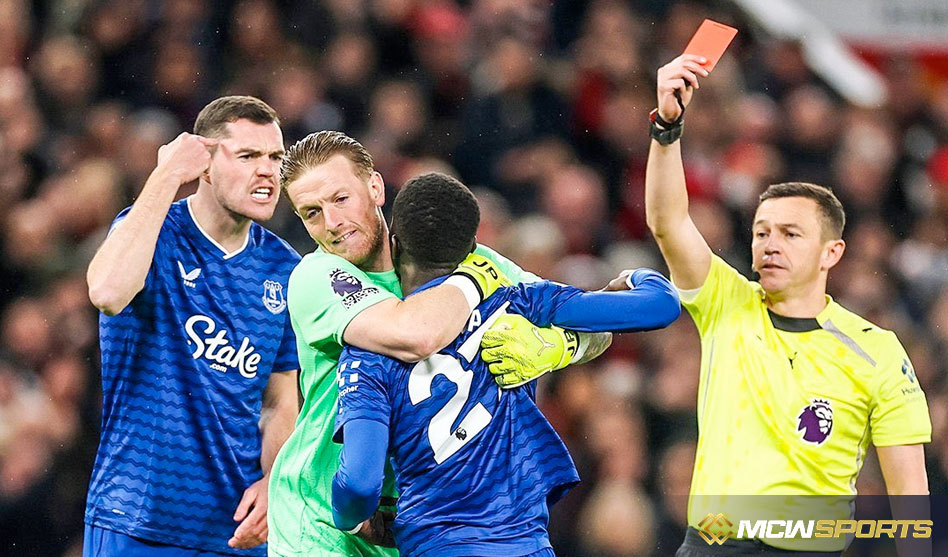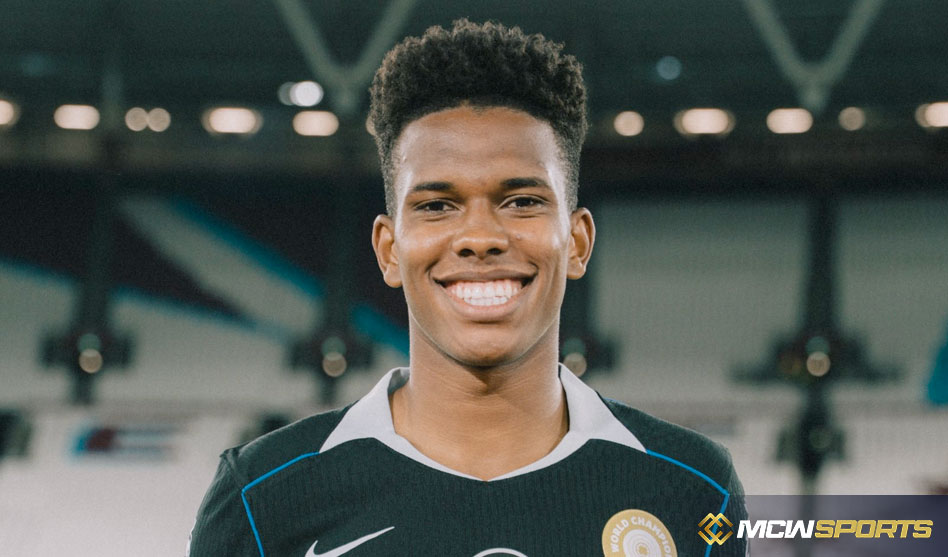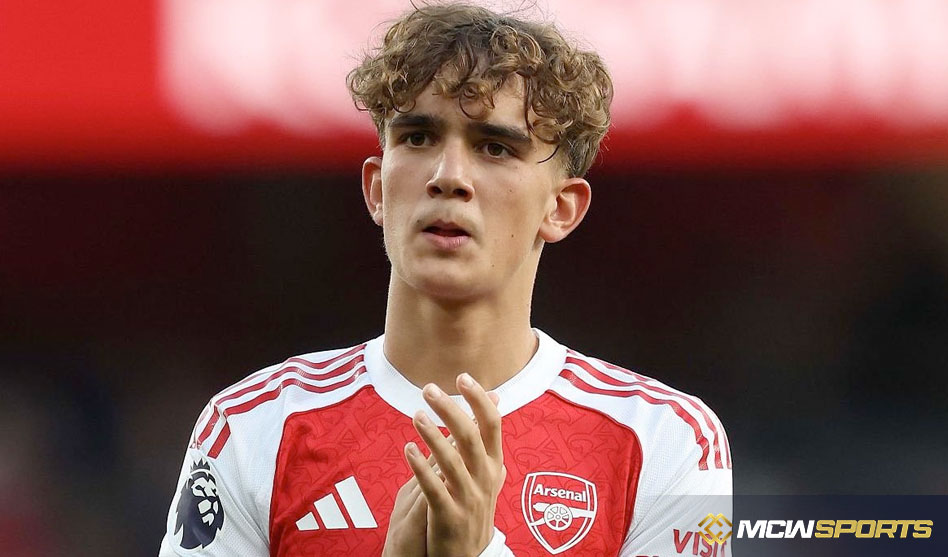This content has been archived. It may no longer be relevant
LONDON, England – The recent comments from Liverpool defender Virgil van Dijk underline the pivotal transitional period the club currently finds itself in as the search begins for Jurgen Klopp’s eventual successor as manager.
The fact that Van Dijk, the team’s captain and talismanic center-back enjoying an excellent season, stopped short of firmly committing his long-term future to Liverpool is telling. It reflects the uncertainty now facing the club on multiple fronts.
With sporting director Julian Ward also departing at the end of the season, Liverpool are tasked with recruiting an entirely new leadership structure on the sporting side. This includes not only a new manager but fresh faces across the coaching staff and transfer team.
At the same time, three massively influential figures in Van Dijk, Mohamed Salah, and Trent Alexander-Arnold have all entered the final 18 months of their current contracts. Top players want clarity on the direction the club is headed and assurances it will match their own lofty ambitions.
Van Dijk in particular will want to know who will be brought in as manager and how he fits into their plans going forward. At 31 years old, the next contract likely represents his last big one at an elite level. The identity of the manager and their style of play will weigh heavily in his decision.
Salah and Alexander-Arnold may also be reluctant to commit their peak years without knowing who will be leading the squad and ushering in the new era. The right managerial appointment, one who can convince the stars to stay, is crucial.
On the flip side, the new manager will surely want assurances that pillars like Van Dijk will remain in place before accepting the job. A rebuild without Liverpool’s defensive lynchpin and current captain would be daunting.
It’s a complex chicken-and-egg situation. Players want to see a concrete plan and prefer a new boss before resigning. But top candidates will want clarity on who is staying before taking the reins. It’s a precarious balancing act for Liverpool owners FSG.
There’s a real risk Liverpool loses one or more of their superstars if the process drags on too long without direction. Interest from rivals will ramp up if contracts dwindle without progress.
Liverpool must identify their priority managerial target quickly and get a sign-off from FSG to pursue him aggressively. Only then can the dominoes start falling into place.
The new manager needs to not only have a clear tactical plan and vision, but the charisma and credibility to retain and motivate the squad’s leaders. Liverpool legends like Gerrard and Carragher have already warned against pursuing a “safe” uninspiring hire.
The forthcoming managerial succession at Liverpool is poised to be a pivotal juncture, laden with high stakes for Fenway Sports Group (FSG). As the club navigates the transition from Jurgen Klopp’s era of unprecedented success, the focus must now shift towards establishing this period as a foundation for the next phase of triumphs, not merely the high watermark.
Convincing key players, particularly defensive linchpin Virgil van Dijk and prolific forward Mohamed Salah, to commit their futures to Liverpool is paramount. The retention of this superstar spine is crucial, as losing players of such caliber would not only set the club back considerably but also risk its status as an elite force in European football.
The impending year looms large, defining the trajectory of Liverpool for the next decade. The success achieved under Klopp should serve as a springboard for sustained excellence, but the importance of meticulous planning during this transitional phase cannot be overstated. A misstep in the managerial appointment could usher in a challenging rebuilding process, jeopardizing the club’s competitive edge.
The Virgil van Dijk situation underscores the critical nature of the decisions ahead. Ensuring the continued commitment of their world-class captain is priority number one for Liverpool’s management. The choice of the new manager and the strategic vision they articulate will be pivotal in determining whether FSG can adeptly navigate the club into a prosperous future.
In this defining year, as the baton is passed from Klopp to a new managerial figure, Liverpool has the opportunity to reaffirm its status as a footballing powerhouse. However, the margin for error is slim, and the consequences of a flawed transition could be profound. The next chapter in Liverpool’s storied history awaits, and FSG must navigate the intricate dynamics of football management with astuteness and foresight to ensure that the success witnessed under Klopp becomes an enduring legacy rather than a fleeting pinnacle.

 English
English










